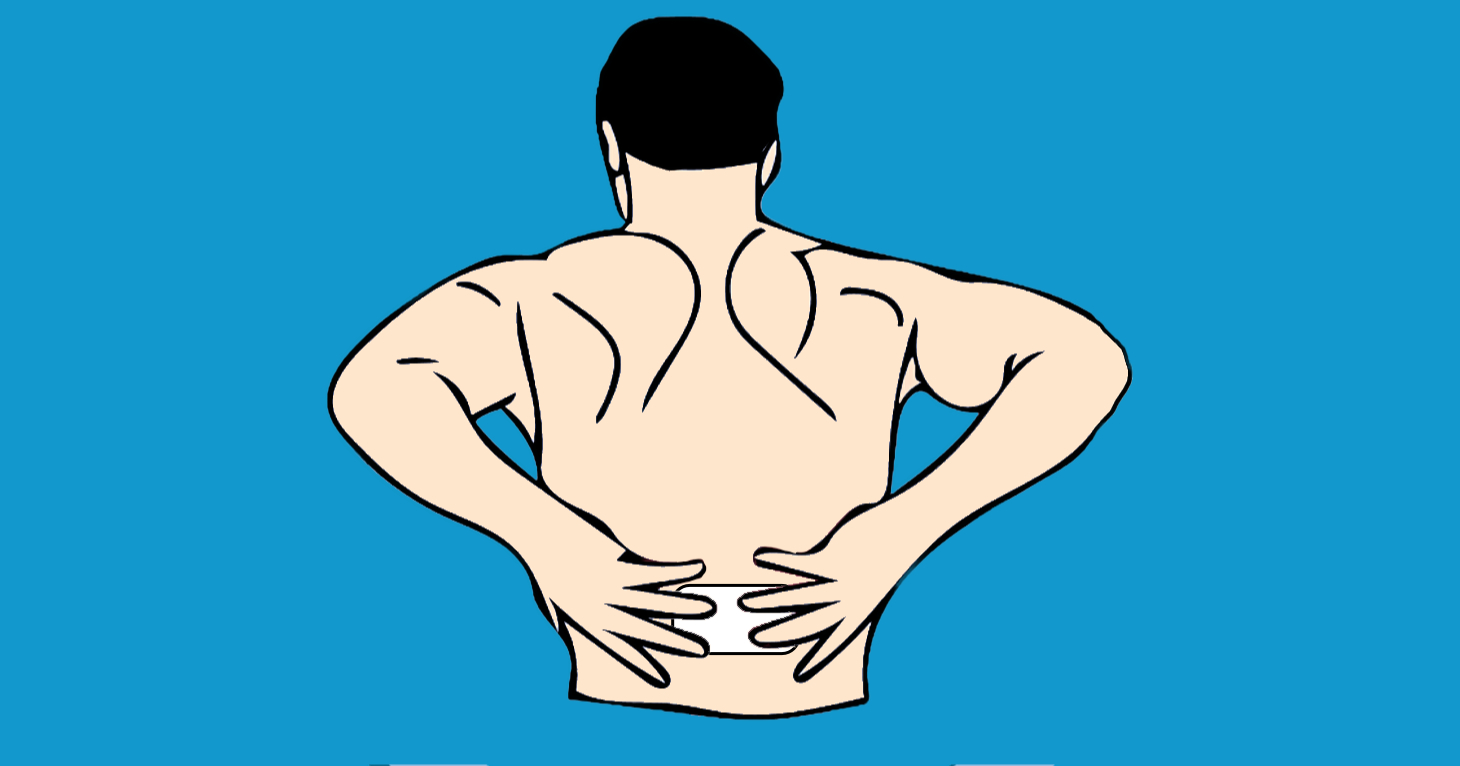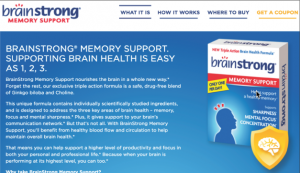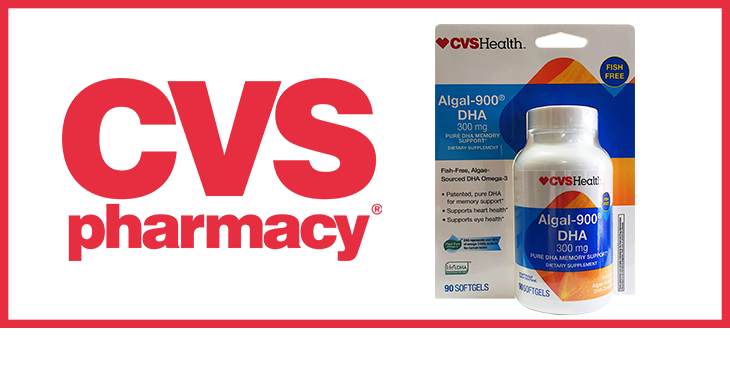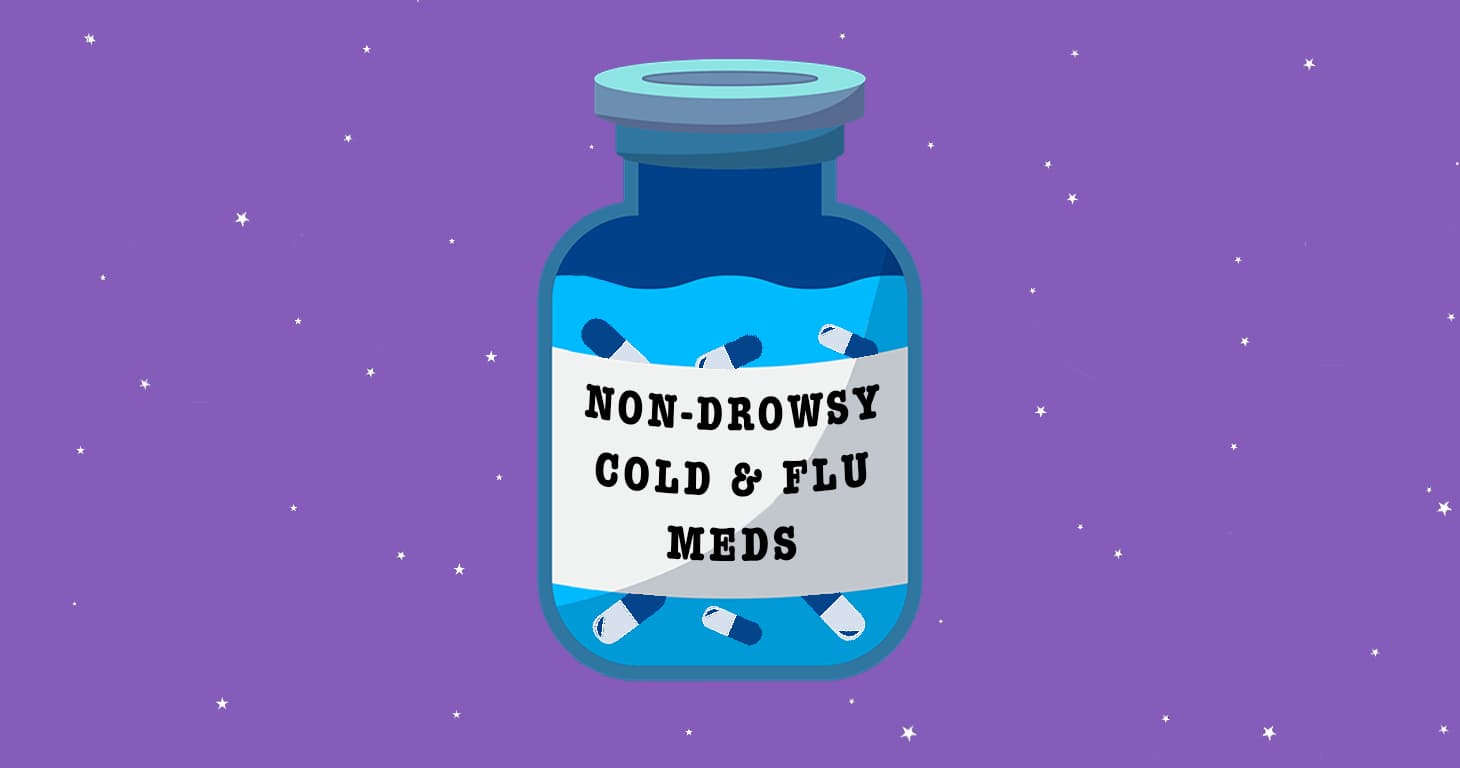
CATrends: Lidocaine Pain Relief Patches
Plaintiffs allege packaging misrepresents lidocaine dosages as ‘maximum strength,’ among other things.
TINA.org finds that the marketing of Algal-900 DHA violates FTC order.
|
Just two years ago, the marketers of a brain supplement promoted as clinically-proven to improve memory and sold at major retailers such as CVS, Walmart, and Amazon, reached a settlement with the FTC to never again make such claims without sufficient scientific substantiation.
The supplement was BrainStrong Adult and its key ingredient — docosahexaenoic acid (DHA) — was advertised by i-Health, Inc. and Martek Bioscience as being able to improve memory and prevent cognitive decline. Forgot why you walked into a room? No worries. For $30 for a 30-day-supply, BrainStrong Adult will fix you right up.
But the FTC found that i-Health, Inc. and Martek Bioscience lacked competent and reliable scientific evidence to back up the claims. In 2014, the companies agreed to a 20-year consent order that prevents them (directly or through any corporation) — if they do not have competent and reliable scientific evidence in the form of human clinical testing that is randomized, double-blind, and placebo-controlled — from making:
any representation, in any manner, expressly or by implication, including through the use of a product name, endorsement, depiction, illustration, trademark, or trade name, that such product: A. improves memory in adults; or B. prevents cognitive decline in adults …
“We believe that reasonable consumers would likely be misled that BrainStrong will result in the kinds of real-life improvements depicted in i-Health’s advertising,” FTC Chairwoman Edit Ramirez and Commissioner Julie Brill said in a joint statement.
Fast forward a few years and you’ll find a brain supplement on CVS and Walmart shelves making very similar claims in violation of the FTC order. The CVS supplement, which it calls Algal-900 DHA, is manufactured by Martek Biosciences’ successor, DSM Nutritional Products LLC, and is promoted as “Memory Support.” Up until a few months ago, it was also promoted as “Clinically Shown Memory Improvement.”
 Additionally, DSM Nutritional Products markets another supplement, BrainStrong Memory Support, the name of which suggests it helps with memory. All these claims are in violation of the 2014 FTC order.
Additionally, DSM Nutritional Products markets another supplement, BrainStrong Memory Support, the name of which suggests it helps with memory. All these claims are in violation of the 2014 FTC order.
Alerted to this by the Center for Science in the Public Interest (CSPI), who filed a class-action lawsuit against CVS over its deceptive marketing of Algal-900 DHA in federal court, TINA.org notified the FTC, as well as CVS, DSM, and Walmart, in a letter June 3.
DSM denies there are any violations.
In response to an inquiry by TINA.org regarding the consent order violations, a spokesman for CVS pointed to a change the company made on its labeling of the product.
“At the end of last year, we updated the label on this product from stating ‘shown to improve memory’ to ‘pure DHA for memory support,’” Mike DeAngelis, senior director of CVS Corporate Communications said in an email to TINA.org.
He added, “Our store brands are designed to maximize quality and assure the products we offer are safe, work as intended, comply with regulations and satisfy customers.”
But those changes are not enough to comply with the FTC order, TINA.org noted in its letter:
CVS Pharmacy is currently selling Algal-900 DHA under a label that states ‘Memory Support,’ implying the supplement can improve memory and/or prevent cognitive decline.
Companies violating final orders are liable for a civil penalty of up to $16,000 for each violation.
Settlement doesn’t settle much
If having a brain supplement back on the market that is making unsubstantiated claims isn’t bad enough for consumers, CVS is also seeking approval of a class-action settlement regarding Algal-900 DHA that would actually condone ongoing violations of the FTC order.
CVS is facing two class-action lawsuits pending in federal court in New York that allege it is deceptively advertising Algal-900 DHA. A proposed settlement in one of the cases fails to require CVS to effectively change its deceptive marketing, condones ongoing violations of the FTC order and doesn’t sufficiently compensate consumers for the misleading advertising, TINA.org said in a court document requesting the court deny preliminary approval.
Specifically, the proposed settlement that is pending in federal court in New York only bans two specific phrases from being used on the label of the product, while still allowing CVS to advertise it as “Memory Support” without sufficient scientific support. It would also allow CVS to market any other brain supplement containing the same formulation as Algal-900 DHA as “clinically shown to improve memory.”
Further, if approved as is, consumers in the class would only be eligible for $4 in cash or $6.50 in vouchers if they can’t provide receipts for the supplement that they had purchased years ago that cost $13.49 for 30 pills and $30.99 for 90.
RELATED: Nine Deceptive Better Brain Claims
With more than 10 million baby boomers expected to develop brain disease, the market for products claiming they can improve brain function and even prevent, treat, or cure dementia or Alzheimer’s has become grist for the supplement mill and advertising for some dubious products have caught the attention of lawmakers probing the industry.
Read more here about TINA.org’s efforts regarding misleading brain supplement marketing.
UPDATE 6/22/16: In a letter filed in court, CVS has indicated that the parties intend to make revisions to the proposed settlement agreement that address many of the issues raised by TINA.org. For further updates, click here.
Plaintiffs allege packaging misrepresents lidocaine dosages as ‘maximum strength,’ among other things.
Several products marketed as ‘non-drowsy’ contain an ingredient that causes drowsiness, lawsuits claim.
Lawsuits claim infant-specific products aren’t any different than acetaminophen medications for older children.


